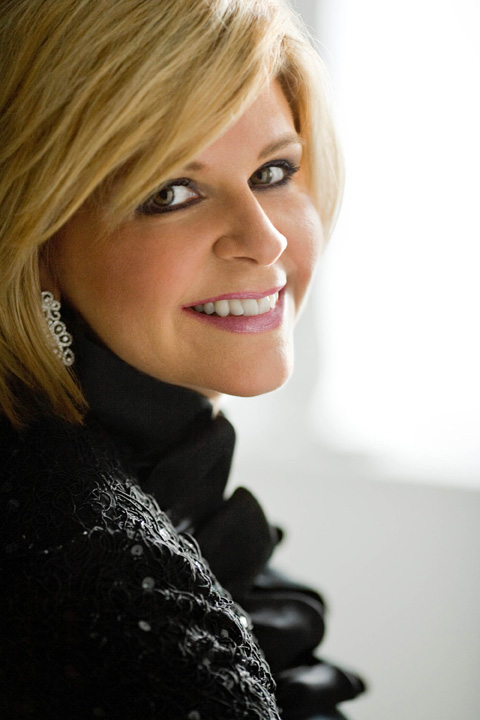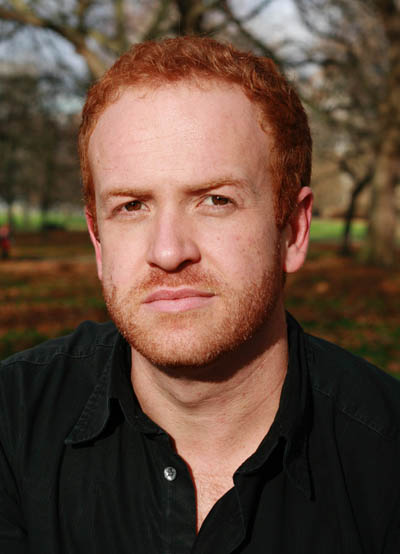 The short, exquisite works of Henry Purcell
The short, exquisite works of Henry Purcell
Without a doubt we are blessed to have in our midst one the world’s finest period-performance ensembles, the Philharmonia Baroque, playing Baroque, Classical and early Romantic music on original instruments, often in concert with their excellent chorus. If that were not fortunate enough, the ensemble was joined this past weekend by a team of superlative singers led by one of opera’s finest mezzo sopranos, Susan Graham. The program, titled “The Passion of Dido” was in celebration of the 350th anniversary of the birth of the great English composer Henry Purcell.
The concert at First Congregational Church in Berkeley opened with four short pieces that were a mix of vocal and instrumental composition. Most striking among them was the instrumental Chacony in G minor, a charming piece that exploited the warmth and fullness of the lower-voiced strings as the support for its variations. I have to say that it takes me several minutes to adjust to the difference in the ensemble’s tuning from the current orchestral standard; the violins tend to sound flat, but for some reason that I’m sure someone could explain, the cellos and bass take on a richer sound. After 10 minutes or so, it all sounds great, wonderfully blended and perfectly resonant.
The Chacony was followed by an anthem, or what has been recognized as an incomplete fragment of an anthem, “Hear My Prayer, O Lord.” Sung by the chorus, the piece takes two phrases, “Hear my prayer, O Lord” and “Let my crying come unto Thee,” and divides them between eight contrasting vocal lines. The harmonies are dissonant and the polyphony strikingly contemporary sounding. The chorus was awe-inspiring and the piece itself a gem.
Dido and Aeneas
Best of all, however, was the short—a mere 50 minutes—opera Dido and Aeneas, which with nine characters and a chorus tells of the love of the Carthaginian queen, Dido, for the Trojan prince, Aeneas, his betrayal and her death. The story is compact and stately, the libretto by Nahum Tate, England’s poet laureate of the time, is elegant, pointed and moving: “When I am laid in Earth,/ May my wrongs create / No trouble in thy breast, / Remember me, but ah! forget my Fate.” And Purcell’s music is equally moving, maintaining a closeness within the action of a story that is set in royal and tragic dimensions. Both artists added a rich variety of situation through which the opera moves: from the hunting horns in the field to the drunken dance of a sailor to the melancholic lament for the dead queen, as well as a whole range of interactions between the two lovers.

Baritone William Berger made a bravely heroic and sympathetic Aeneas; with a rich, warm sound, he is equipped with those wonderful English vowels that roll out purely from the well of the throat. Coloratura soprano Cyndia Sieden was a lovely, liquidly voiced Belinda and a comically wicked witch, and tenor Brian Thorsett spanned the range between reeling sailor and preternatural sprite. Contralto Jill Grove was impressive as the evil minded Sorceress, who pitches herself, her will and the dark tones of her voice against Dido’s love and life. Celine Ricci sang the Second Woman and the Second Witch.
In the center of it all was Susie Graham, who is endowed with a sultry yet magnificent timbre that never loses its accessibility or slides off into some “operatic” sound, retaining instead a kind of naturalness and even intimacy. Besides the beauty of her voice, Graham has absolute control over her dynamics, which are remarkable in scope, traversing from the huge to the most delicate of pianissimos. Listening to her move throughout that dynamic range, finally floating out the high notes of the line “remember me,” is to listen to a complete artist who has thought over the emotional meaning of each note and line and infused those thoughts into her instrument.
Yes, those who heard Susan Graham sing Dido this past weekend, ending the opera with the exquisite “Dido’s Lament,” were truly blessed.
—Jaime Robles
Photo of Susan Graham by Dario Acosta
